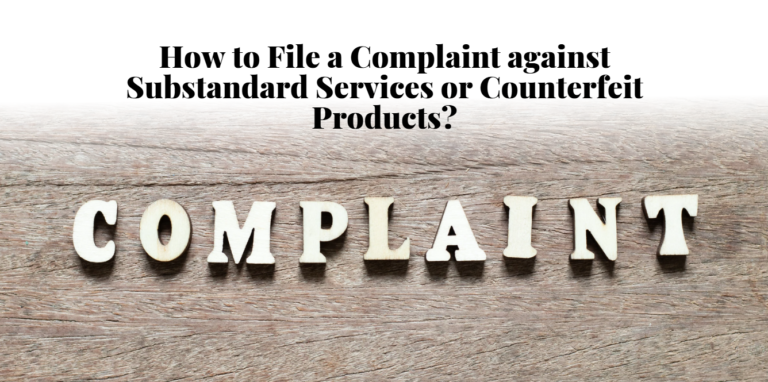In today’s day and age, consumer rights are often challenged by counterfeit products or substandard services. If you have fallen prey to such incidents, it is essential to take due actions to protect your rights and prevent others from suffering the same. Below is a stepwise guide on how to file a Consumer Rights of consumer complaint in Bangladesh for fake or poor quality products effectively. Consumer Rightsht6tfgttfg
Knowing the Consumer Rights in Bangladesh
You have the right as a consumer to be provided with acceptable quality goods and services. Consumer protection laws in Bangladesh are designed to ensure genuine products and reliable services. Knowing your rights empowers you to take proper action when you receive counterfeit goods or poor service. Some of the key consumer rights include:
-
The right to safety – Protection from hazardous goods and services.
-
The right to be informed – Complete and honest information regarding products.
-
The right to choose – Access to various alternatives at competitive prices.
-
The right to be heard – Consumer grievances must be reasonably addressed.
Step 1: Gather Strong Evidence
Before you file a consumer complaint in Bangladesh, gather solid proof such as:
-
Purchase receipts or invoices
-
Photos or video footage of the defective product or poor service
-
Screenshots of emails or messages with the seller
-
Warranty documents (if applicable)
-
Shipping details or order tracking (for online purchases)
Such evidence strengthens your case and increases the likelihood of a successful resolution.
Step 2: Contact the Seller or Service Provider
Most companies value customer satisfaction. So, try contacting the seller or provider first. Explain your issue, provide evidence, and clearly state what resolution you expect, such as:
-
A refund
-
A product replacement
-
A repair
-
Compensation
Be firm yet respectful. Keep a record of all interactions including emails, chats, and call logs.
Step 3: Lodge a Complaint to Consumer Protection Authorities
If the seller refuses to help, escalate the issue. File your complaint to consumer protection bodies in Bangladesh, such as:
-
National Consumer Rights Protection Directorate (DNCRP)
-
Local consumer offices
-
Consumer helplines or websites provided by the government
-
Relevant business regulatory authorities
When submitting your complaint, include:
-
A detailed description of the issue
-
Copies of receipts and invoices
-
Evidence photos or videos
-
Records of communication with the seller
Many government portals now allow online submission of complaints for quick resolution.
Step 4: Post a Public Review
If your complaint remains unresolved, post a public review to warn other consumers. Use:
-
Google Reviews
-
Facebook Pages
-
Trustpilot or other review platforms
-
Reddit or consumer forums
-
E-commerce site reviews
Be clear, factual, and avoid defamation. Mention what happened and how the business handled it.
Step 5: Seek Legal Action if Necessary
If all else fails, consider legal action under Bangladesh consumer law. You may:
-
Sue the seller or provider in small claims court
-
File a case with the Consumer Court (ভোক্তা আদালত)
-
Report criminal fraud to the police (for serious counterfeits)
Seek legal help if needed from a consumer rights lawyer.
Preventive Tips for Future Purchases
-
Research Sellers: Always check business licenses, reviews, and reputation.
-
Verify Authenticity: Look for certification logos, barcodes, and official packaging.
-
Secure Payments: Use trusted payment methods with buyer protection.
-
Save Documentation: Always keep invoices, receipts, and conversation records.
-
Avoid Unrealistic Deals: If it’s too good to be true, it probably is.
Role of Consumer Rights Organizations and Online Forums
Consumer advocacy groups and online communities can help resolve your case or offer legal advice. Forums allow you to share your experience and protect other consumers from scams or fraud.
Conclusion
By following the above steps, you now know how to file a consumer complaint in Bangladesh for fake or poor quality products. Taking action not only protects your own rights but also helps create a fairer and more transparent market for everyone. Don’t let unethical business practices go unchecked—your voice can make a difference.













